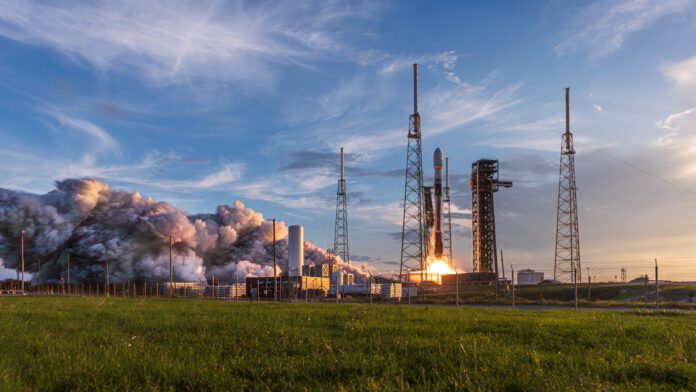Cape Canaveral, FL — SpaceX successfully launched two Galileo navigation satellites for the European Commission on Tuesday evening, despite challenging weather conditions earlier in the day. The Falcon 9 rocket lifted off from Launch Complex 40 at Cape Canaveral Space Force Station at 6:50 PM EDT on September 17, 2024. The mission was designed to enhance Europe’s Galileo satellite navigation system, which serves as an alternative to the U.S. GPS and Russian GLONASS systems.
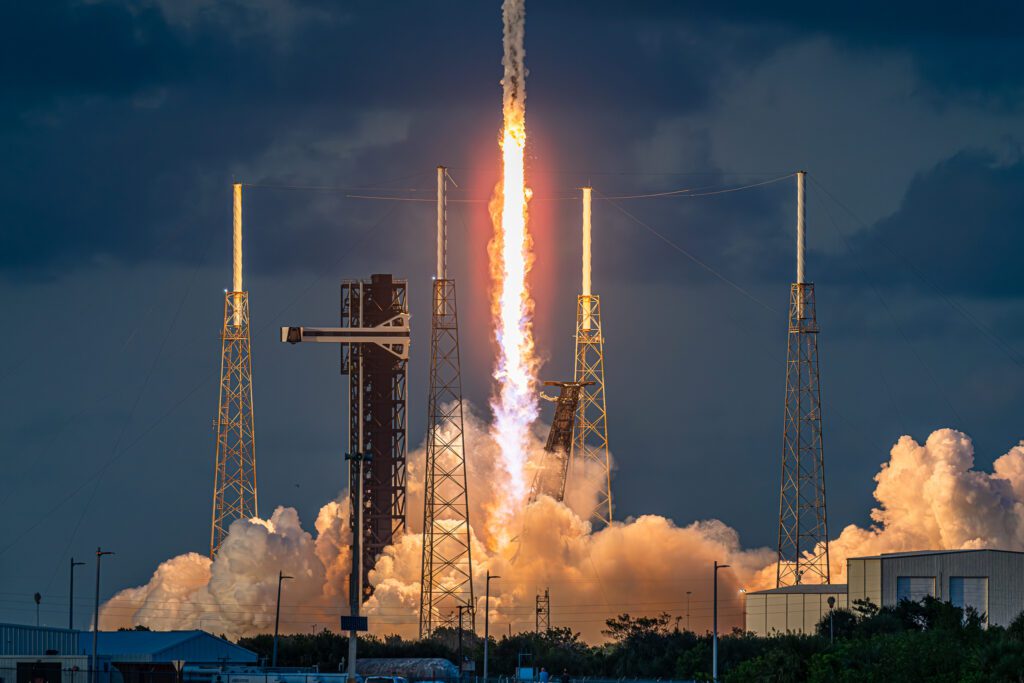
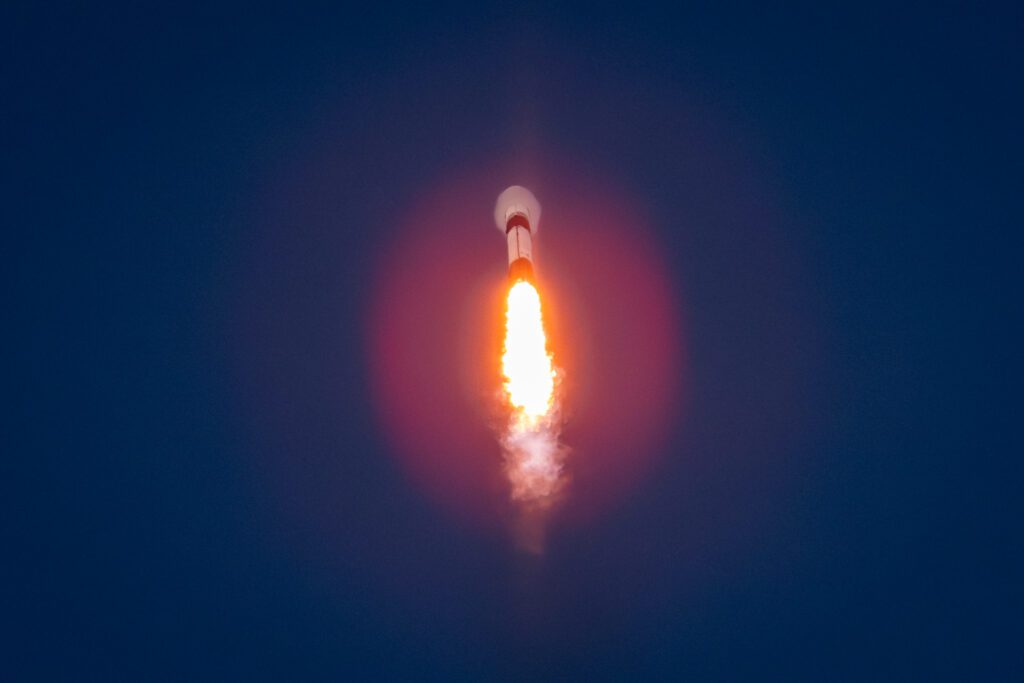
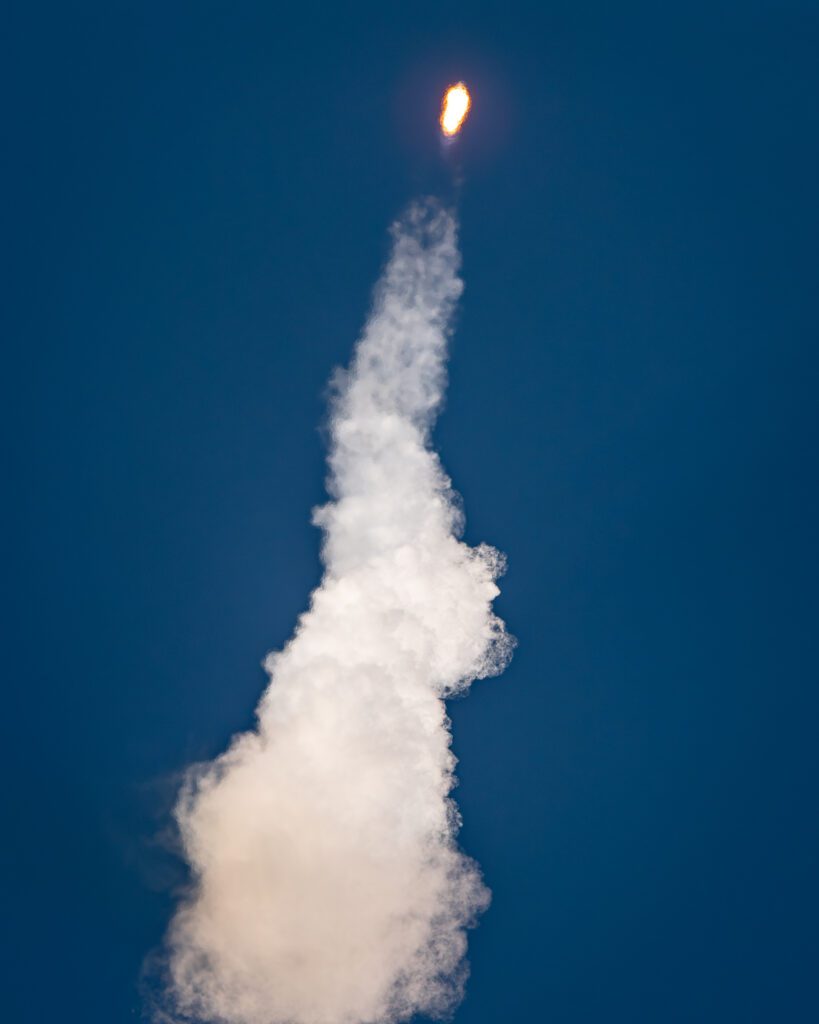
Heading into the launch, the weather forecast offered only a 40% chance of favorable conditions, with the 45th Weather Squadron noting moderate risk due to a low-pressure system off the southeast U.S. coast and convergent cloud bands rotating through Florida. Nevertheless, the skies cleared just in time for the successful liftoff.
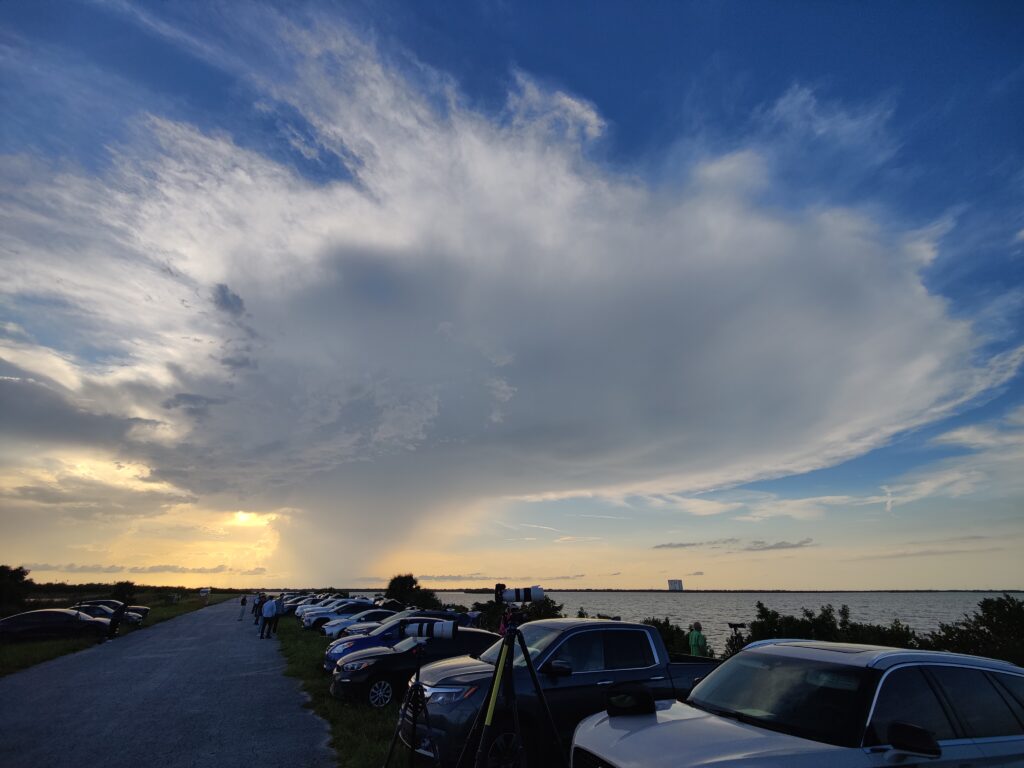
The two satellites, designated FOC FM26 and FM32, were placed into Medium Earth Orbit (MEO) at approximately 14,430 miles above Earth. These are the 31st and 32nd satellites to join the Galileo constellation, strengthening its position as the world’s most accurate positioning system. Managed by the European Union Agency for the Space Programme (EUSPA), the Galileo constellation aims to provide robust and reliable navigation services to over four billion users globally(SatNews).
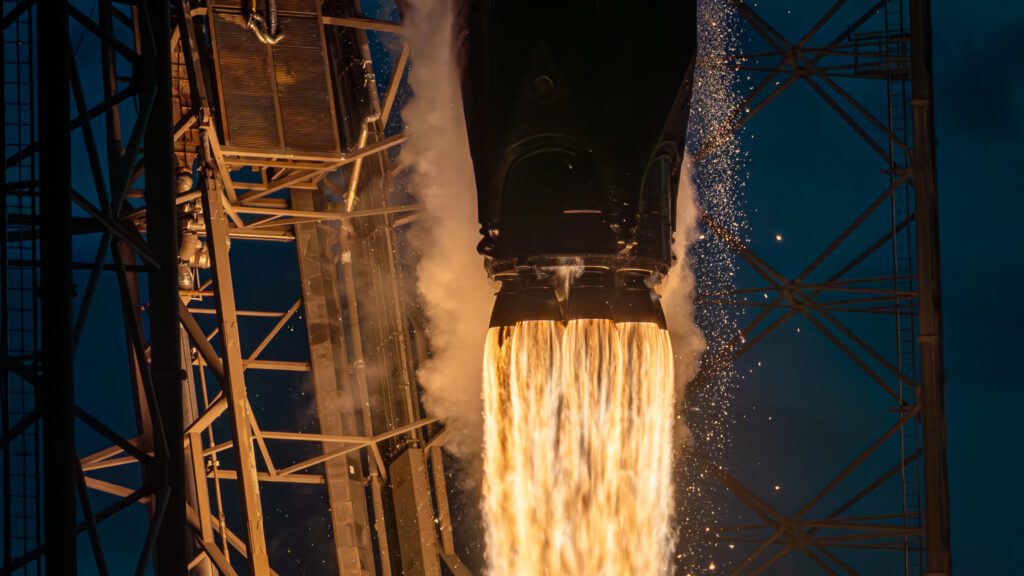
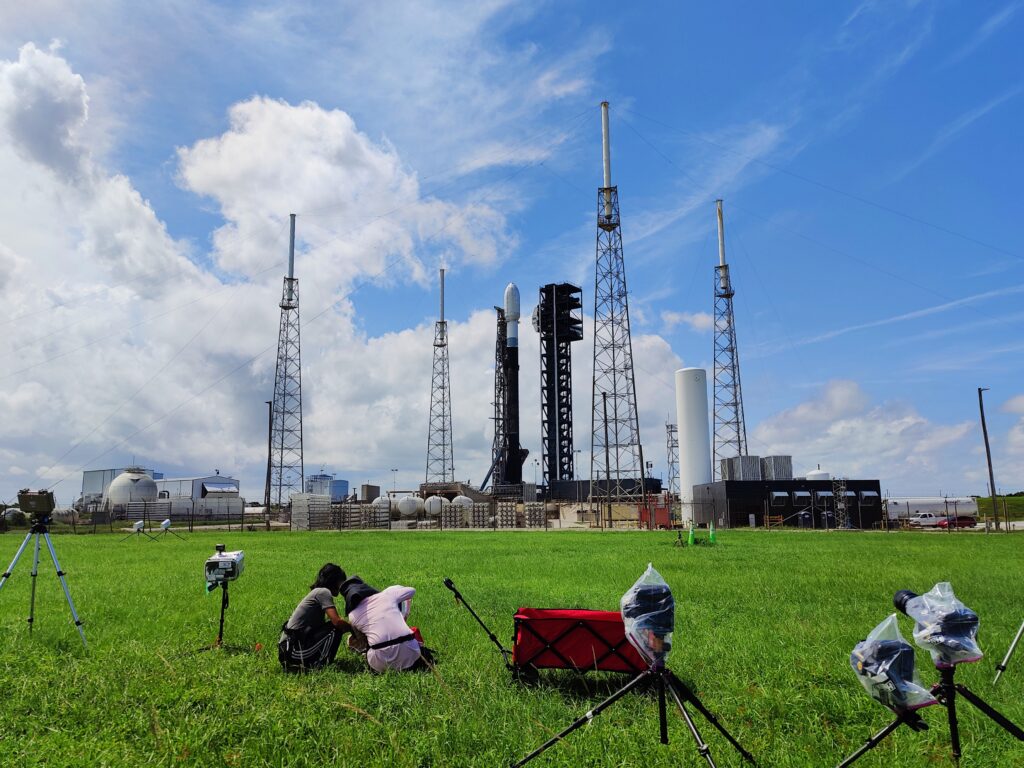
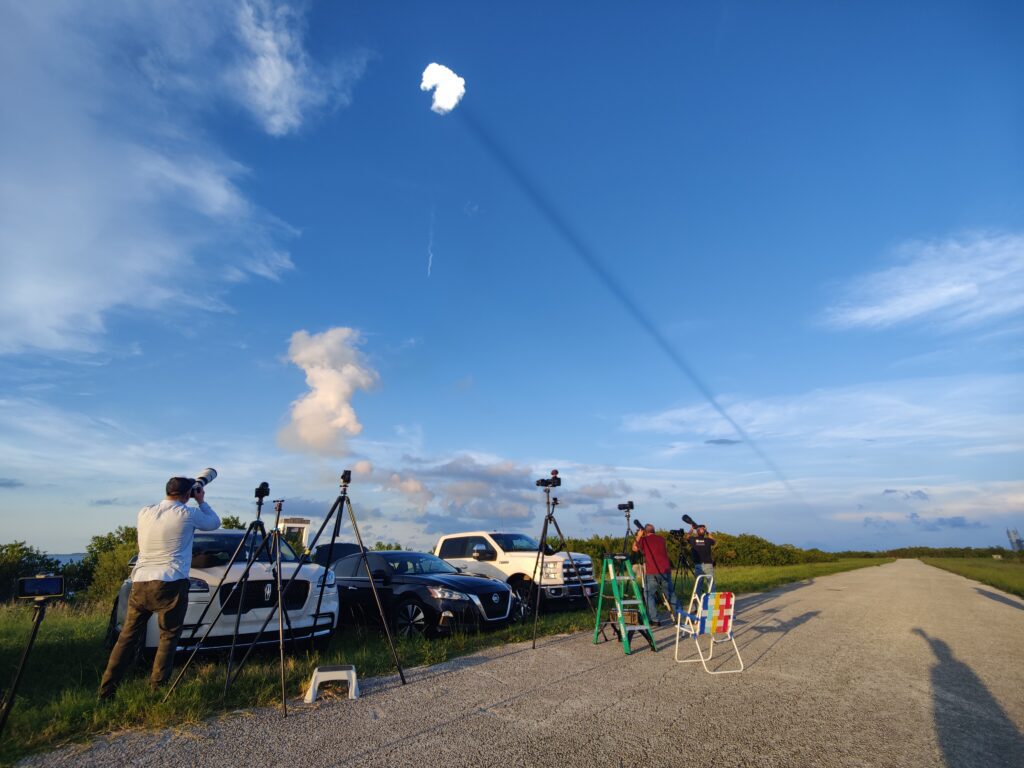
The first stage of the Falcon 9 rocket, making its 22nd flight, successfully landed on the droneship “Just Read the Instructions” stationed in the Atlantic Ocean, less than nine minutes after launch. Each landing and recovered booster are a remarkable achievement and savings for SpaceX.
With the addition of these satellites, the Galileo system now includes 28 operational satellites, providing enhanced accuracy and reliability for navigation and timing services. The constellation supports a range of applications, from smartphone navigation to search and rescue operations, further reinforcing Europe’s technological capabilities and strategic independence (SatNews)(European Space Agency).




